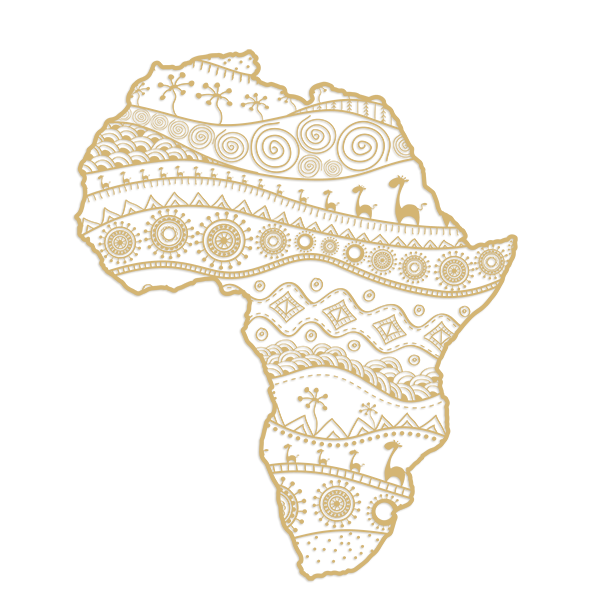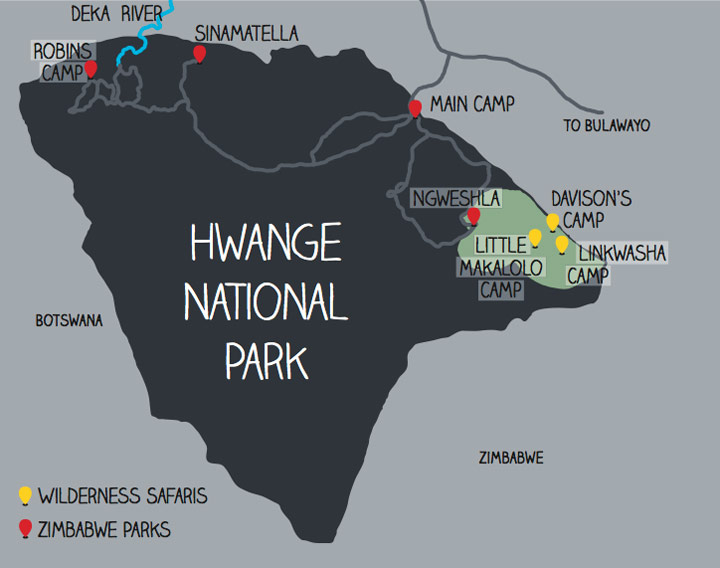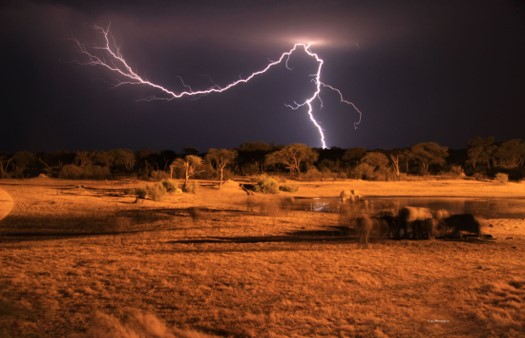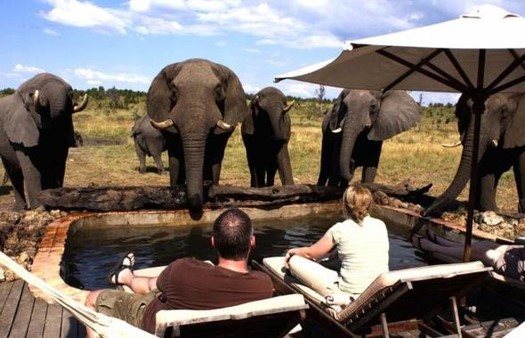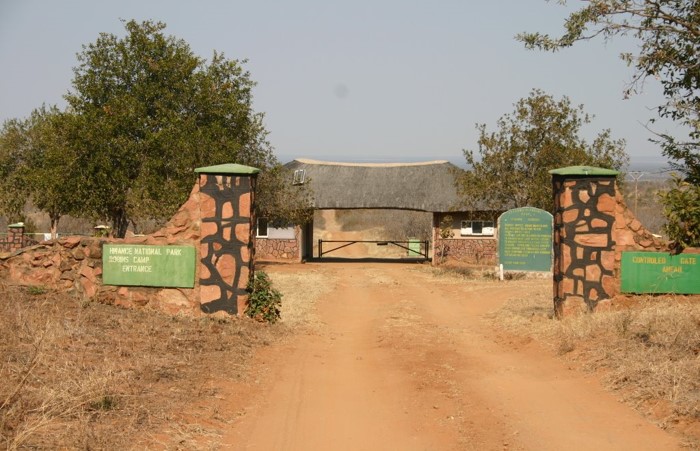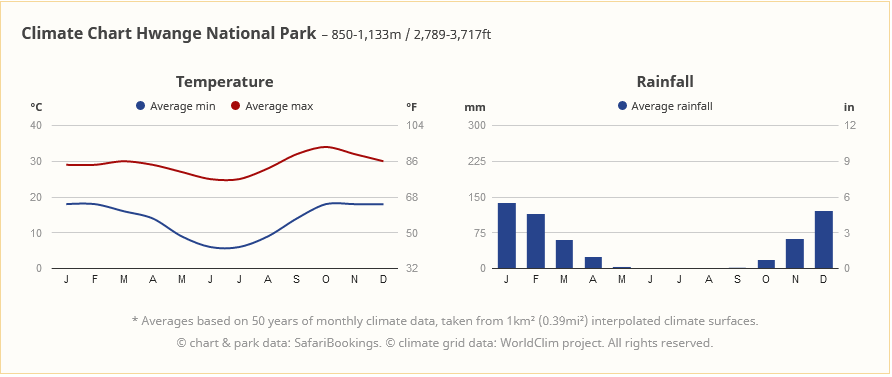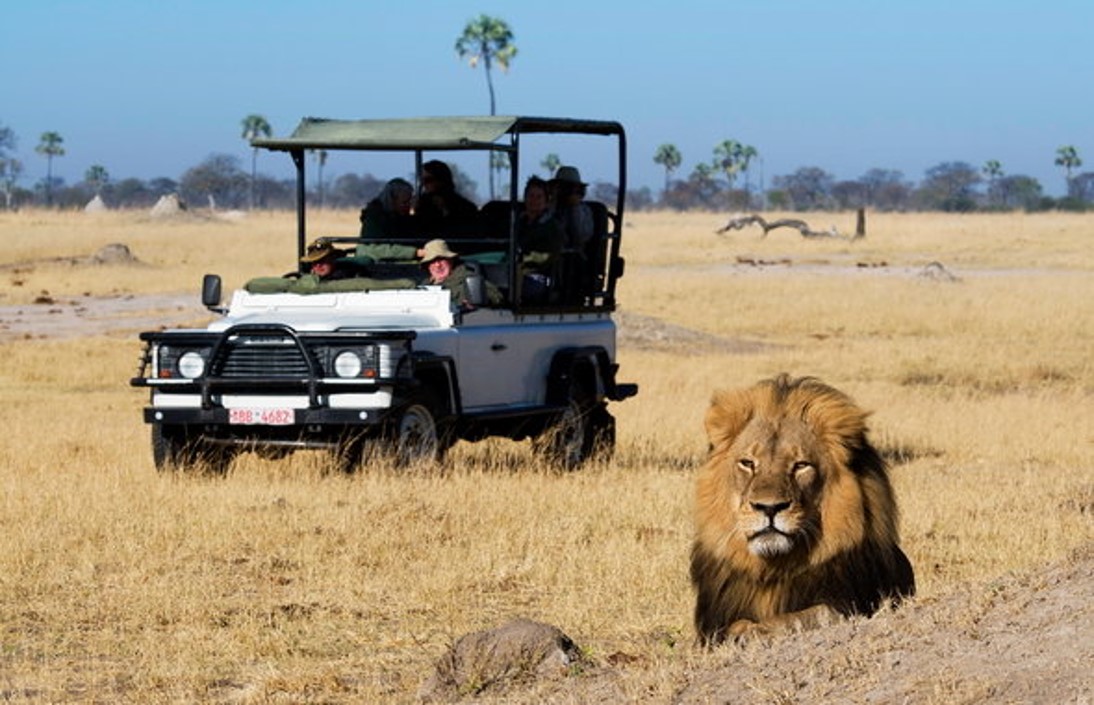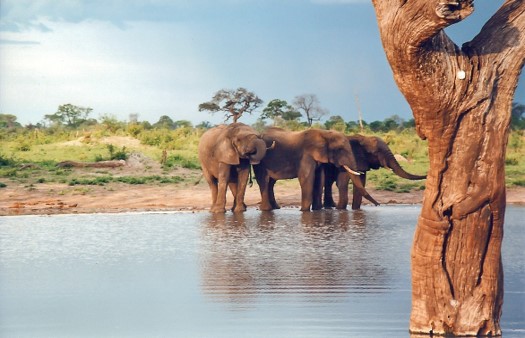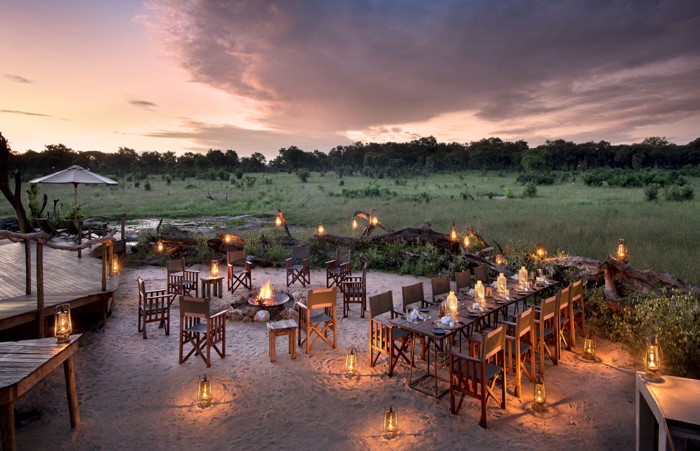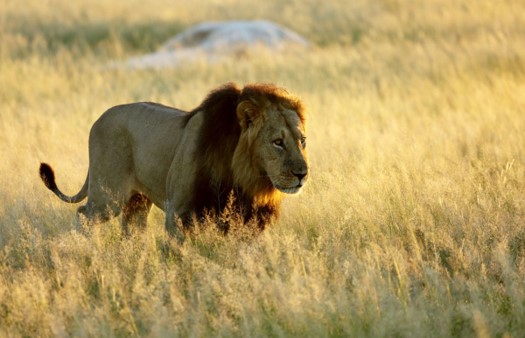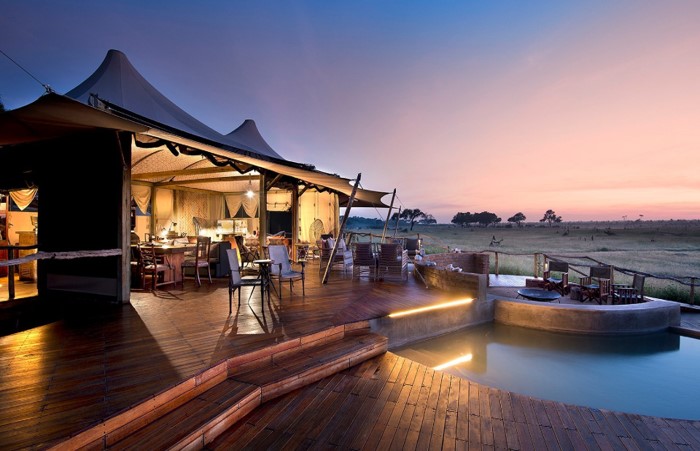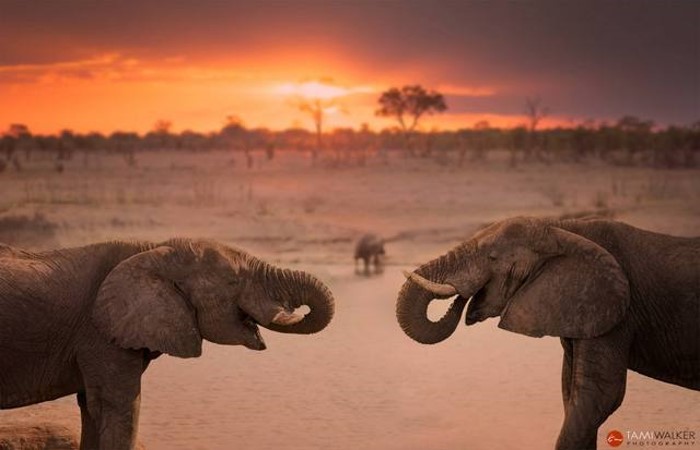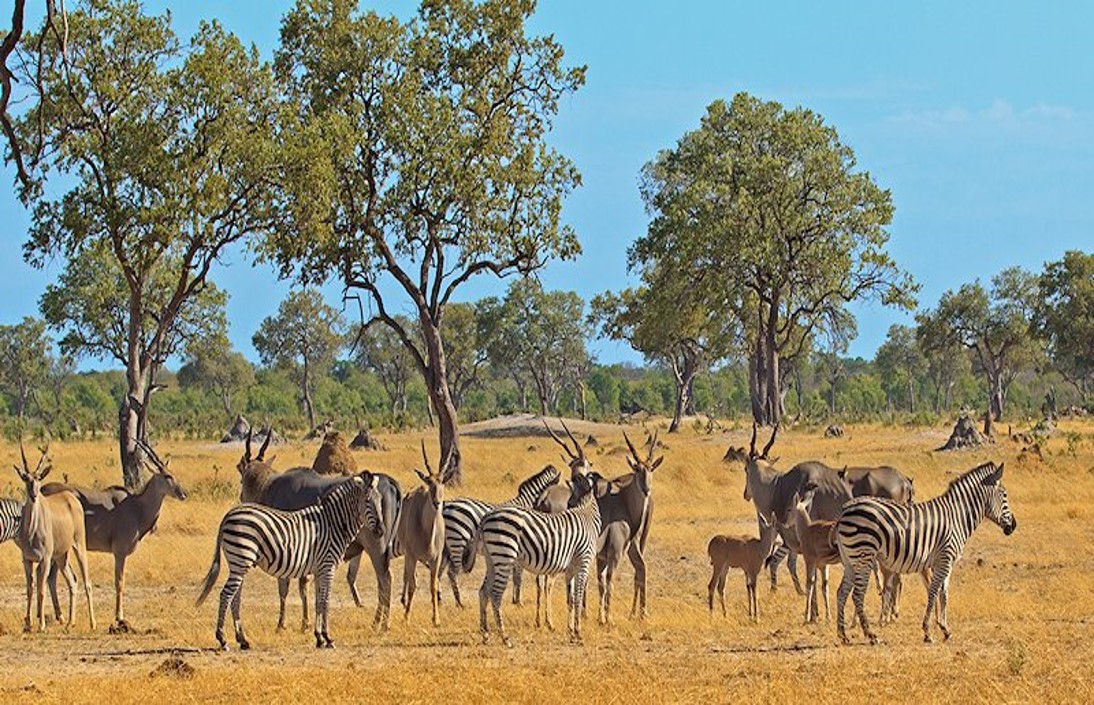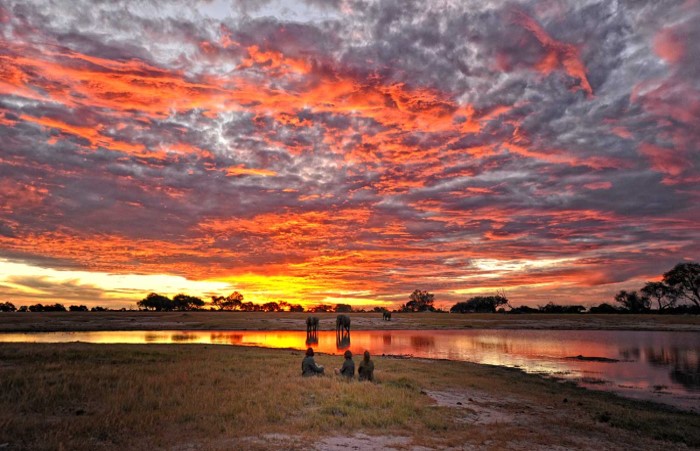Zimbabwe Currency
Although the information below applies to Zimbabwe as a whole, it is more focused on what is happening in Victoria Falls. Centres like Harare and Bulawayo will have certain differences because they are not as forex based.
January 2019
The money situation in Zimbabwe has become very confusing, so I thought I would try and explain it as best I can, so foreign tourists visiting centres like Victoria Falls don’t get caught out. The situation is fluid so we will try to keep this page updated as and when changes happen.
Zimbabwe has two main currencies. The US$ and our local currency which is referred to as a Zollar, ZW$, RTGS or Bond note. Currently the official exchange rate between the two is 1:1 but in reality the rate is around US$1 to ZW$3 or more and this is where the big problems and confusion lie.
Eating Out
If you are staying at a Hotel; food, drinks and shop purchases are most likely priced in US$ – no problem, that is quite clear and easy. But if you go out to a restaurant the prices could be in US$ or ZW$. In Victoria Falls it will mostly be US$, in Harare it will mostly be in ZW$ – so it’s important that you ask and are clear.
If the menu is priced in ZW$ it will appear very expensive, but if you are paying with a foreign card or US$ cash you will get a discount. For example a Burger might be on the menu at $30 which is exorbitant but with a 50% discount for forex it is $15 which is a reasonable price.
Main thing is to be aware of these disparities and confirm with the restaurant.
General Shopping
If you are buying curios from shops or the market you need to ask whether it is a US$ or a Bond price. Because Victoria Falls is a tourist town most prices will be in US$, but in the capital Harare most shops still price in local ZW$ at the inflated amount.
Some shops in Victoria Falls are hybrids where you have prices in both US$ and ZW$. The US$ prices are for imported products and the ZW$ for locally produced products. Again rather confusing unless you are aware of it, if in doubt ask.
Supermarkets
Most tourists don’t need to go to the supermarket as they have everything they need at their hotel or restaurant but if you are self-catering, then you NEED to READ this. The prices in the large Supermarkets are in ZW$ Bond, so essentially three or more times higher than what they should be in US$.
If you are paying with a foreign card or even US$ cash, the amount does NOT change. There is no discount or two tier pricing system in this instance. For example a standard bottle of wine on the supermarket shelf is priced at $36. This of course is a ludicrous price in US$ but its value is derived from the parallel market rate of 3 to 1, meaning the bottle really costs US$12.
But if you swipe your foreign card, US$36 is going to be debited from your account, making it a very expensive bottle of wine. The one solution to this currently, is for you to trade your foreign currency with a local Zimbabwean for Bond notes. At present you will get anywhere between 2.5 to 3.5 to 1, then take these notes into the supermarket and buy your goods. Banks will give you an exchange rate of 1:1.
Another solution is to find the smaller shops and liquor stores who price in and accept US$.
Buying Fuel
Petrol has just had a massive price hike from $1.45 to ZW$3.31, but that was to give it a realistic local bond price. The US$ price has in fact gone down a bit to US$1.32.
So if you are purchasing fuel with a foreign card or cash you MUST ensure that you are charged the US$ price of US$1.32, otherwise you will pay US$3.31, which is the most expensive fuel in the world.
Fuel is still not readily available, so the above only applies when you can get it.
Activities
Victoria Falls Activities for internationals are all priced in US$ and have not changed much for several years now.
I hope that makes some sense in this bizarre situation we find ourselves in. It can’t stay like this forever and the sooner the currency situation is resolved the sooner our economy can get back on track, but at the moment it’s complicated.
End of Update
Zimbabwe Money Matters
As a nation Zimbabwe is one of the poorest countries in the world, the economy is in tatters and basically the country is bankrupt but in tourist centres like Victoria Falls, you are not like to be aware of this. It looks like boom town, which in effect it is as tourism is flourishing. However it is critical that you are aware of some important factors detailed below that will ensure that you don’t have any problems when visiting.
The Zimbabwe Dollar
The US dollar is now the official currency of Zimbabwe. However there is also a local currency, known as a Bond Note or Zollar, in a local bank account it is called RTGS. Bond notes can be used for some purchases in Zimbabwe but are worthless outside the country. So if you are given a bond note as change make sure you spend it whilst in the country.
Credit Cards
Almost all hotels, shops, restaurants and activity operators now accepts credits cards; MasterCard and Visa only – NOT American Express. However as with everywhere occasionally a card machine won’t work so it’s always best to have a reserve of cash in these instances.
Best advice is to book and pay for as much as you can in advance so that you don’t have any problems whilst here.
Entry Visas at the ports of entry can be paid for by card but again occasionally the machine or your card won’t go through so a reserve is advisable. The exact same applies to entrance fees for the Victoria Falls rainforest.
Cash and ATM machines
All banks have ATM machines however there is a CRITICAL shortage of hard cash within the country. You must bring enough cash with you, as there is none available in the ATM’s.
You will need cash for National Park fees if you are doing any activities like helicopter flights, sunset cruises, rafting, game drives etc please check with your booking agent for details. Also for curio purchases, or any purchases of a small amount that don’t warrant a credit card fee transaction.
Plus you must have a cash reserve for when a credit card transaction fails as mentioned in the credit card section above.
Travellers Cheques
Are NOT accepted.
South African Rand, Sterling, Euro and Botswana Pula
You can pay for things in Sterling, Euro, Rand or Pula but some places when converting to US$ will give you shocking exchange rates. So it is always best to have US$ cash.
Overall Advice:
** BE AWARE OF THE DISPARITY BETWEEN THE US$ AND THE LOCAL BOND NOTE**
** VISA AND MASTERCARD WIDELY ACCEPTED**
** BRING ENOUGH CASH RESERVE WITH YOU **
** DON’T RELY ON ATM MACHINES TO WITHDRAW CASH **
** DO NOT USE TRAVELLERS CHEQUES**
** PAY FOR ACCOMMODATION AND ACTIVITIES BEFORE YOU GO **
* Carry mostly small denominations of currency. This makes paying for small purchases like curios easier, as change is not always available.
